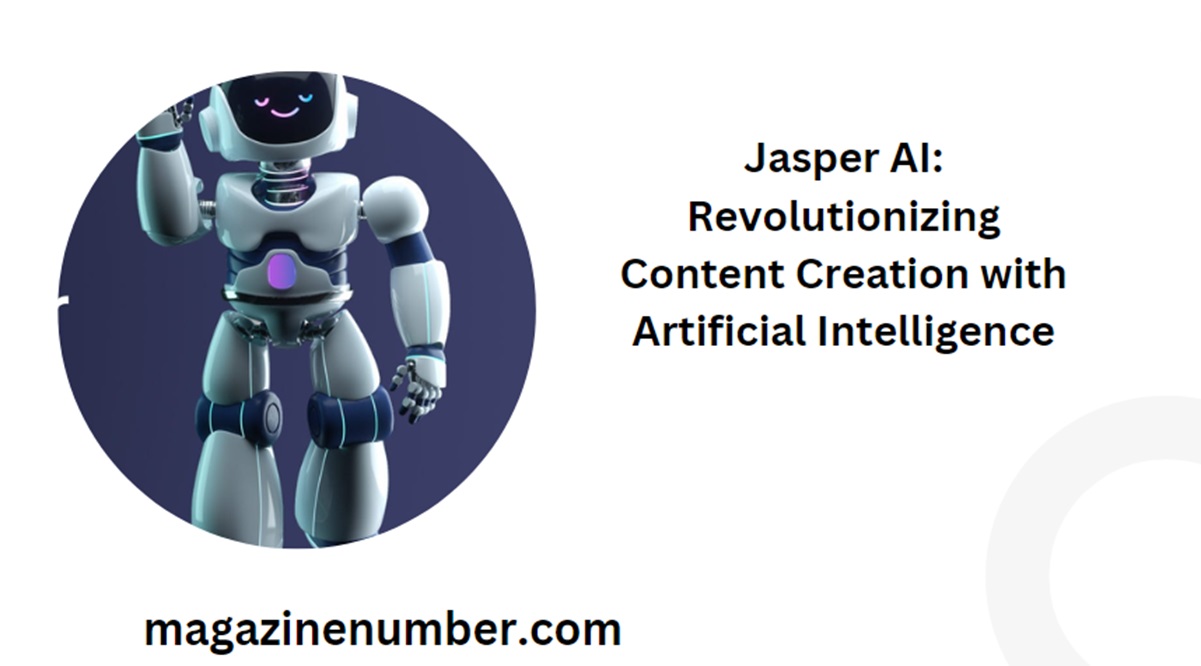Introduction
The acronym “GILF” (Grandparent I’d Like to F***) is a term that has gained traction in modern vernacular, often used to describe older individuals who retain their sexual appeal. While such terms can be flattering to some, they may also bring a range of emotional responses, especially for those who are highly empathetic. Empaths are individuals who are highly sensitive to the emotions and energies of others. This sensitivity can shape their reactions to labels and nicknames, including “GILF”. This article explores the various pros and cons of being called a GILF from an empath’s perspective, highlighting how this term can impact their emotional and psychological well-being.
Table of Contents
The Positive Aspects of Being Called a GILF
1. Affirmation of Attractiveness and Vitality
For many empaths, being called a GILF can serve as a powerful affirmation of their attractiveness and vitality. In a society that often equates aging with a decline in desirability, such a compliment can be a significant confidence booster. Empaths, who may already be sensitive to the societal pressures of aging, can find comfort in knowing that they are still seen as appealing and vibrant.
2. Enhanced Self-Esteem
Empaths often internalize the emotions and perceptions of those around them. Positive reinforcement, such as being called a GILF, can therefore have a profound impact on their self-esteem. When others express admiration for their appearance or demeanor, empaths may feel a sense of validation that bolsters their self-worth. This increased self-esteem can translate into a more positive self-image and a greater sense of personal fulfillment.
3. Encouragement to Maintain Physical and Mental Health
Being called a GILF can also serve as motivation for empaths to maintain their physical and mental health. The desire to be seen as attractive and desirable can encourage them to adopt healthier lifestyles, including regular exercise, balanced diets, and mindfulness practices. This focus on well-being not only helps them maintain their appearance but also enhances their overall quality of life.
4. Positive Social Interactions
Empaths thrive on meaningful social interactions and connections. Being regarded as a GILF can lead to more positive and engaging social experiences. Compliments and admiration from others can foster a sense of camaraderie and connection, which empaths deeply value. These positive interactions can alleviate feelings of loneliness and isolation, contributing to their emotional well-being.
5. Breaking Age-Related Stereotypes
The term GILF challenges conventional stereotypes about aging and attractiveness. For empaths, being associated with this term can feel empowering, as it breaks down the barriers of ageism. It demonstrates that attractiveness and desirability are not confined to youth, and that older individuals can still exude charm and sex appeal. This broader acceptance can be particularly affirming for empaths who may have felt marginalized or overlooked due to their age.
The Negative Aspects of Being Called a GILF
1. Objectification and Sexualization
One of the most significant drawbacks of being called a GILF for empaths is the potential for objectification and sexualization. Empaths are highly attuned to the intentions and emotions of others, and being reduced to a sexual object can be deeply unsettling. This term can make them feel that their worth is solely based on their physical appearance, neglecting their personality, intelligence, and other valuable traits.
2. Invasion of Personal Boundaries
Empaths are often very protective of their personal boundaries and can be uncomfortable with unwanted attention or advances. Being called a GILF can invite intrusive behavior, such as inappropriate comments or actions from others. This invasion of personal space can be distressing for empaths, who may feel overwhelmed by the attention and struggle to assert their boundaries effectively.
3. Emotional Overwhelm
Empaths are prone to emotional overwhelm due to their heightened sensitivity to the feelings of others. The intense reactions, both positive and negative, that come with being called a GILF can be emotionally draining. Empaths may find themselves absorbing the admiration or desire of others, which can lead to feelings of anxiety, stress, or discomfort. Managing these emotions can be particularly challenging for empaths, who may struggle to maintain their emotional equilibrium.
4. Pressure to Maintain Appearance
While being called a GILF can motivate empaths to maintain their health and appearance, it can also create a sense of pressure to meet certain standards of beauty. Empaths may feel obligated to constantly look their best to receive continued validation and admiration. This pressure can lead to stress, anxiety, and an unhealthy focus on physical appearance, detracting from their overall well-being and self-acceptance.
5. Misalignment with Personal Values
Empaths often prioritize deep, meaningful connections and may value qualities such as kindness, empathy, and integrity over physical attractiveness. Being called a GILF can feel misaligned with these values, as it emphasizes superficial aspects of their identity. Empaths may struggle with the internal conflict between appreciating the compliment and feeling that it undermines their core beliefs and values.
Strategies for Navigating the GILF Label
1. Establishing Boundaries
Empaths must learn to establish and enforce personal boundaries to protect themselves from unwanted attention and objectification. Clear communication about what is acceptable and what is not can help empaths navigate interactions with those who use the term GILF. Setting boundaries ensures that they maintain control over their personal space and emotional well-being.
2. Focusing on Inner Qualities
To counteract the emphasis on physical appearance, empaths can focus on cultivating and celebrating their inner qualities. By prioritizing traits such as empathy, kindness, and wisdom, they can reinforce their self-worth beyond superficial attributes. This shift in focus can help empaths feel more balanced and aligned with their values.
3. Practicing Self-Care
Self-care is essential for empaths to manage the emotional impact of being called a GILF. Regular practices such as meditation, journaling, and spending time in nature can help empaths recharge and process their emotions. Taking care of their mental and emotional health enables empaths to navigate compliments and attention with greater resilience and composure.
4. Seeking Support
Empaths can benefit from seeking support from friends, family, or therapists when grappling with the complexities of being called a GILF. Talking about their feelings and experiences with trusted individuals can provide validation and perspective. Support networks offer a safe space for empaths to express their emotions and gain insights into managing their responses.
5. Embracing Self-Acceptance
Ultimately, empaths can find empowerment in embracing self-acceptance. Acknowledging their worth and beauty, both inside and out, allows them to respond to the GILF label with confidence and grace. By fostering self-love and acceptance, empaths can navigate the term’s implications without compromising their sense of self.
Conclusion
Being called a GILF carries a range of pros and cons, particularly for empaths who are highly sensitive to the emotions and perceptions of others. While the term can offer validation, boost self-esteem, and challenge age-related stereotypes, it can also lead to objectification, emotional overwhelm, and pressure to maintain appearance. Empaths can navigate these complexities by establishing boundaries, focusing on inner qualities, practicing self-care, seeking support, and embracing self-acceptance. Ultimately, understanding and managing the emotional impact of being called a GILF allows empaths to maintain their well-being and authenticity in the face of societal labels.
Read our blogs at Magazine Number.



